Karlfelersii - Untitled







More Posts from Karlfelersii and Others


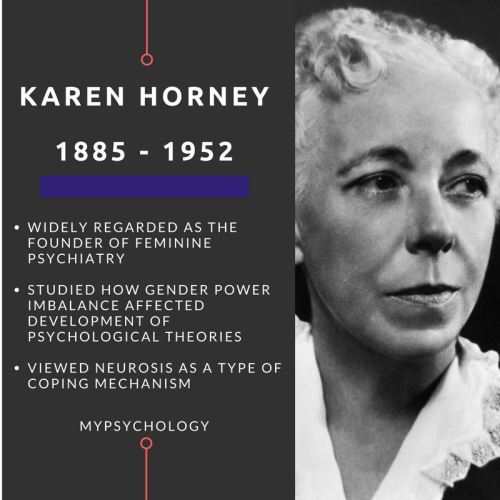

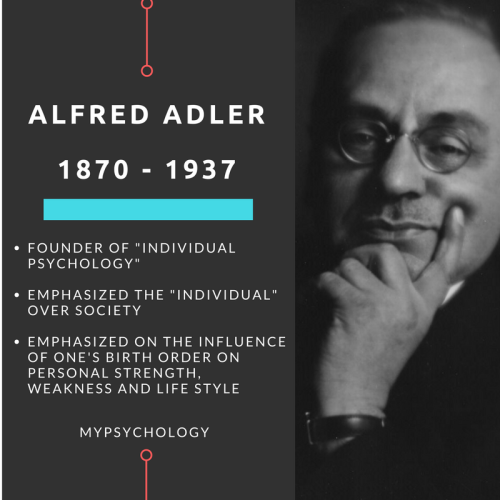



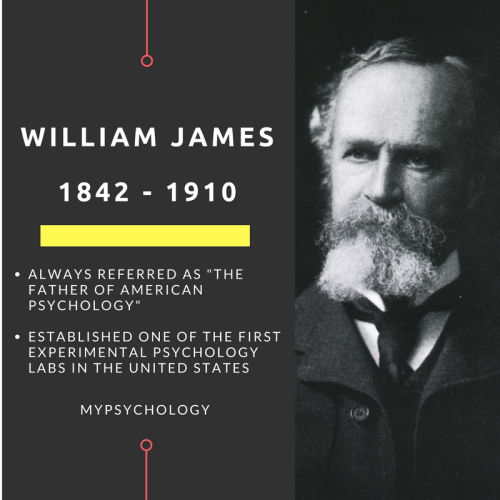

List of Historical People Who Left A Mark on Psychology
[MY Psychology]
6 Ways to Survive Parties as an Introvert
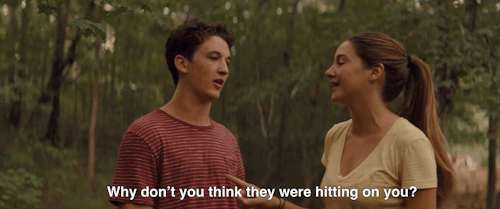
There’s a reason why introverts aren’t usually particularly fond of parties—too much stimulation and small talk, but not enough authenticity and quiet. And yet, like most things in life, sometimes parties are inevitable. So, why do we do it? Why do we spend long Friday nights out feeling lonelier than when we’re alone? Because despite hating the peer pressure we face making bad decisions, we hate not participating even more. We hate not knowing. But there are ways to make good decisions and enjoy parties, rather than seeing them as mere social obligations. Psych2Go shares with you 6 ways to survive parties as an introvert:
1. Know when it’s worth it to go out.
It’s okay to be selective about which parties to attend. In fact, it’s smart to choose what works best for you. You don’t have to go to every event you’re invited to. It’s similar to dating. If we spent all our time trying to date everyone, it would lose meaning. We’re not compatible with every person that we meet, and the same applies to parties. It’s okay to skip out…
Continue Reading Here
Discovery challenges belief about brain’s cellular makeup
A discovery made by Junhwan Kim, PhD, assistant professor at The Feinstein Institute for Medical Research, is challenging science’s longstanding beliefs regarding the cellular makeup of the brain. This breakthrough was outlined in a study published in the journal Molecular and Cellular Biochemistry. Having a full understanding of the brain can help identify new therapies as well as develop guidelines to maintain brain health.
It has long been a belief in the scientific field that the building blocks of brain cells, phospholipids, are enriched by polyunsaturated fatty acids. When trying to prove that the brain, like other major organs, are made of polyunsaturated fatty acids, Dr. Kim and his team were surprised by the results.
“We found the opposite of what science has widely believed – phospholipids containing polyunsaturated fatty acids in the brain are lower than other major organs,” said Dr. Kim. “Knowing that there are lower amounts of polyunsaturated fatty acids in the brain, we may need to rethink how this acid impacts brain health and conditions like oxygen deprivation.”
Dr. Kim and his team analyzed brain, heart, liver and kidney tissue from animals and found that only 60 percent of the brain’s phospholipids were made up of polyunsaturated fatty acids. That’s compared to other organs, where the polyunsaturated fatty acid content is about 90 percent. It has also been previously presumed that high polyunsaturated fatty acids levels in the brain were what made it susceptible to oxygen deprivation or brain injury. Further research is required to find out the reasoning for the difference in acid levels, but it could also challenge beliefs about polyunsaturated fatty acids’ impact on these conditions.
“Dr. Kim’s findings challenge basic assumptions about the brain,” said Kevin J. Tracey, MD, president and CEO of the Feinstein Institute. “This paper is an important step to defining a new research path.”

Top 10 Biggest Brain Damaging Habits
1. No Breakfast
People who do not take breakfast are going to have a lower blood sugar level.This leads to an insufficient supply of nutrients to the brain causing brain degeneration.
2. Overreacting
It causes hardening of the brain arteries, leading to a decrease in mental power.
3. Smoking
It causes multiple brain shrinkage and may lead to Alzheimer disease.
4. High Sugar consumption
Too much sugar will interrupt the absorption of proteins and nutrients causing malnutrition and may interfere with brain development.
5. Air Pollution
The brain is the largest oxygen consumer in our body. Inhaling polluted air decreases the supply of oxygen to the brain, bringing about a decrease in brain efficiency.
6. Sleep Deprivation
Sleep allows our brain to rest. Long term deprivation from sleep will accelerate the death of brain
7. Head covered while sleeping
Sleeping with the head covered, increases the concentration of carbon dioxide and decrease concentration of oxygen that may lead to brain damaging effects.
8. Working your brain during illness
Working hard or studying with sickness may lead to a decrease in effectiveness of the brain as well as damage the brain.
9. Talking Rarely
Intellectual conversations will promote the efficiency of the brain.
10. Lacking in stimulating thoughts
Thinking is the best way to train our brain, lacking in brain stimulation thoughts may cause brain shrinkage.
At age 23, Tina Fey was working at a YMCA. At age 23, Oprah was fired from her first reporting job. At age 24, Stephen King was working as a janitor and living in a trailer.
At age 27, Vincent Van Gogh failed as a missionary and decided to go to art school. At age 28, J.K. Rowling was a suicidal single parent living on welfare.
At age 28, Wayne Coyne ( from The Flaming Lips) was a fry cook. At age 30, Harrison Ford was a carpenter. At age 30, Martha Stewart was a stockbroker. At age 37, Ang Lee was a stay-at-home-dad working odd jobs. Julia Child released her first cookbook at age 39, and got her own cooking show at age 51. Vera Wang failed to make the Olympic figure skating team, didn’t get the Editor-in-Chief position at Vogue, and designed her first dress at age 40. Stan Lee didn’t release his first big comic book until he was 40. Alan Rickman gave up his graphic design career to pursue acting at age 42. Samuel L. Jackson didn’t get his first movie role until he was 46.
Morgan Freeman landed his first movie role at age 52. Kathryn Bigelow only reached international success when she made The Hurt Locker at age 57. Grandma Moses didn’t begin her painting career until age 76. Louise Bourgeois didn’t become a famous artist until she was 78. Whatever your dream is, it is not too late to achieve it. You aren’t a failure because you haven’t found fame and fortune by the age of 21. Hell, it’s okay if you don’t even know what your dream is yet. Even if you’re flipping burgers, waiting tables or answering phones today, you never know where you’ll end up tomorrow. Never tell yourself you’re too old to make it.
Never tell yourself you missed your chance.
Never tell yourself that you aren’t good enough.
You can do it. Whatever it is.
The 5 Languages of Love: Can You Read Your Lover as Well as You Think?

Communication problems are an extremely common issue in budding relationships. Why don’t they compliment you more often? Don’t they appreciate it when you present them with thoughtful gifts? More often than not, small questions like this can lead to much larger arguments that question affections and intentions. But what if (stay with me here) they aren’t trying to purposely hurt your feelings by brushing off your displays of affection? What if your way of saying “I love you” is just different than theirs (whaaaaat!?)?
Let me tell you about Dr. Gary Demonte Chapman. Chapman is a Ph.D. and church pastor who has dedicated his time to understanding the interworkings of relationships. Chapman coined the concept of “love languages”, explaining that we tend to express and receive love in five ways:
Words of affirmation
…..
…..
…..
…..
Continue Reading Here

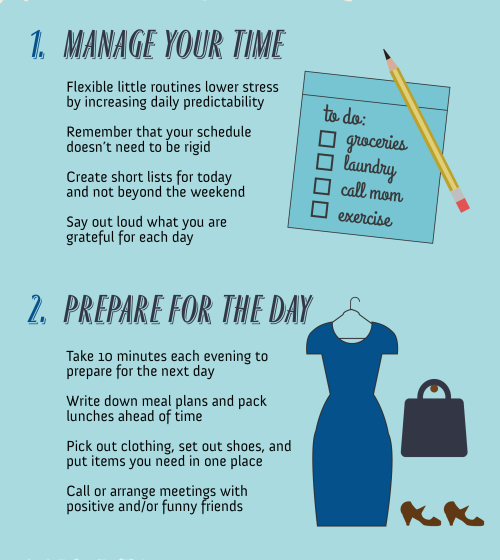
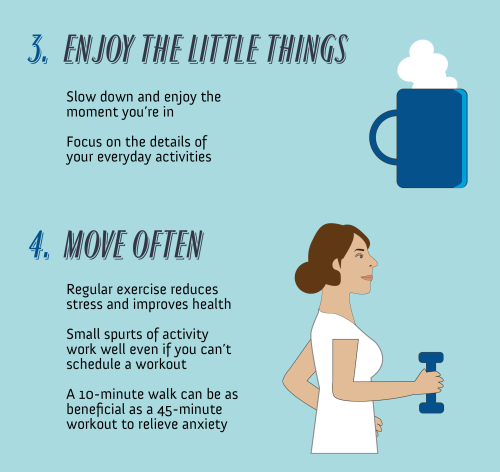
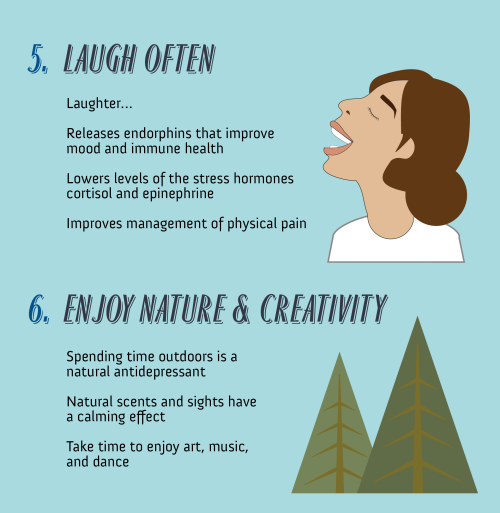
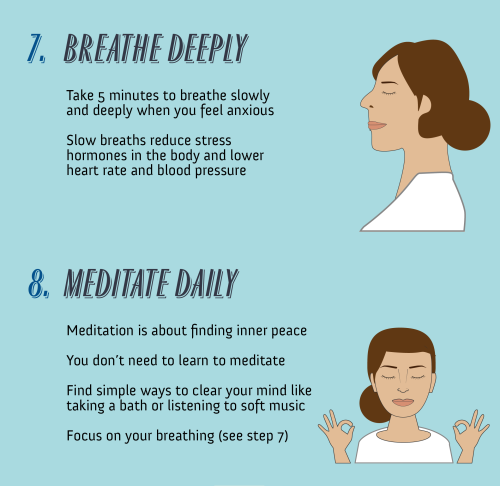
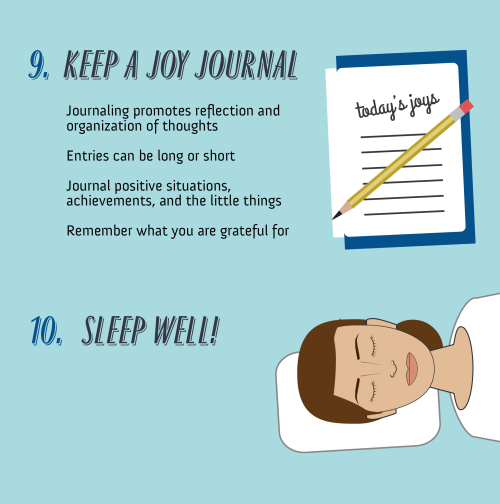

For more posts like these, go to @mypsychology
The 4 Attachment Styles in Love

Do you ever think about why you’re more inclined to attract or be attracted to certain types of people? Or why the people you’ve dated in the past weren’t as compatible with you as you thought? Love involves constant choice, commitment, and work—which all demand an intuitive understanding both of your partner and of yourself. One useful piece of information is learning about you and your partner’s attachment styles.
The intent of learning about attachment styles isn’t to box love up neatly into categories (that’s absurd), nor does it mean you’re stuck with one attachment style forever. In fact, it’s important to note that as time goes on, your attachment style can change from the way you evolve as a lover. If things have been fragile between you and your partner, realize that this is your chance to grow. You can start from self-examination and learn how to be a better person. Psych2Goshares with you the 4 attachment styles in love:
1. Secure
When you have a secure attachment style, you have a great advantage in love. You feel comfortable going to your partner when something is off and, in return, you allow your partner absolute freedom. People with a secure attachment style tend to…….
Continue Reading Here

Submitted by musiq4thieves
For more posts like these, go visit psych2go
Psych2go features various psychological findings and myths. In the future, psych2go attempts to include sources to posts for the for the purpose of generating discussions and commentaries. This will give readers a chance to critically examine psychology.

-
 2-try liked this · 1 year ago
2-try liked this · 1 year ago -
 blizersigchalkterp liked this · 1 year ago
blizersigchalkterp liked this · 1 year ago -
 random-stuff-thats-cool-to-me reblogged this · 2 years ago
random-stuff-thats-cool-to-me reblogged this · 2 years ago -
 blackheart411 liked this · 2 years ago
blackheart411 liked this · 2 years ago -
 neuvirtualoasis reblogged this · 2 years ago
neuvirtualoasis reblogged this · 2 years ago -
 looningforextra6 liked this · 2 years ago
looningforextra6 liked this · 2 years ago -
 rainbow-panditas reblogged this · 2 years ago
rainbow-panditas reblogged this · 2 years ago -
 baby-cattynsfw liked this · 2 years ago
baby-cattynsfw liked this · 2 years ago -
 fictaciousreality liked this · 2 years ago
fictaciousreality liked this · 2 years ago -
 jaagrat liked this · 2 years ago
jaagrat liked this · 2 years ago -
 littlechangesinyourself reblogged this · 2 years ago
littlechangesinyourself reblogged this · 2 years ago -
 gringo89 liked this · 3 years ago
gringo89 liked this · 3 years ago
